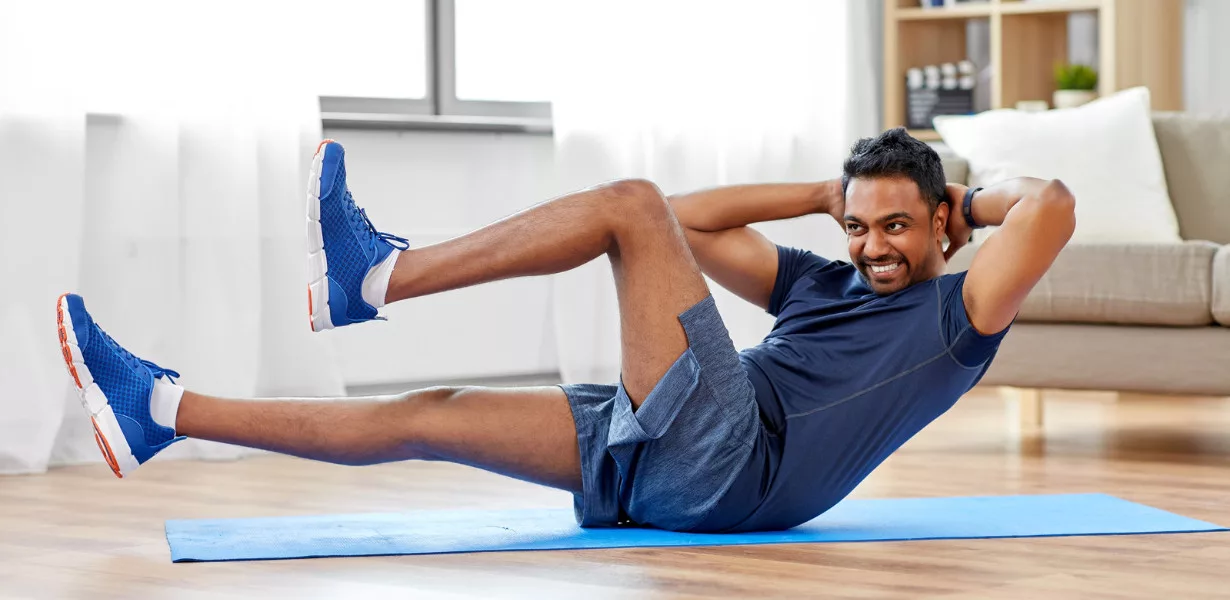
Embarking on a fitness journey requires an understanding of the optimal frequency for working out. Determining how often you should engage in physical exercise is crucial to achieving your fitness goals effectively. In this comprehensive guide, we will delve into the factors that influence workout frequency and provide you with valuable insights to help you establish a workout routine that suits your needs. Let’s explore the question, “How often should I work out?” and uncover the key considerations for achieving a balanced exercise regimen.
The Importance of Consistency and Rest
Consistency is key when it comes to physical exercise. Regardless of your fitness level, maintaining regularity in your workouts is essential for progress. By engaging in physical activity on a consistent basis, you allow your body to adapt and improve gradually. Consistency also helps you establish healthy habits and maintain momentum on your fitness journey.
However, it’s equally important to incorporate rest days into your routine. Rest allows your muscles to recover and repair, preventing overexertion and reducing the risk of injury. Balancing exercise with adequate rest promotes long-term sustainability and prevents burnout. Strive for a well-rounded approach that includes both active workout days and rest days to optimize your fitness results.
Factors Influencing Workout Frequency
Several factors influence the ideal frequency of your workouts. These factors can vary depending on your individual goals, fitness level, and overall health. Consider the following aspects when determining how often you should work out:
1. Fitness Goals: The nature of your fitness goals plays a significant role in workout frequency. If your goal is to improve cardiovascular endurance, you may need to engage in aerobic activities more frequently. On the other hand, if strength and muscle gain are your primary objectives, incorporating regular strength training sessions is essential.
2. Intensity of Workouts: The intensity of your workouts also affects how often you should exercise. High-intensity workouts typically require longer recovery periods, while low to moderate-intensity activities may be performed more frequently.
3. Individual Recovery Time: Everyone’s body has unique recovery needs. Pay attention to how your body feels after each workout. If you find that you require more recovery time to feel fully rested and ready for your next session, adjust your workout frequency accordingly.
4. Time Availability: Consider your schedule and time commitments when determining how often you can realistically work out. It’s better to establish a consistent routine that you can maintain rather than overcommitting and risking burnout.
5. Overall Health and Fitness Level: Your current health status and fitness level should be taken into account. If you’re new to exercise or returning after a break, it’s advisable to start with fewer workouts per week and gradually increase frequency as your body adapts.
Actionable Tips for Determining Workout Frequency
1. Listen to Your Body: Pay close attention to how your body responds to exercise. Notice any signs of fatigue, excessive soreness, or persistent muscle pain. Adjust your workout frequency accordingly to allow for proper recovery.
2. Consult a Professional: If you’re unsure about the ideal workout frequency for your goals and fitness level, consider seeking guidance from a certified fitness professional. They can provide personalized recommendations based on your individual circumstances.
3. Progress Gradually: If you’re starting a new exercise routine, gradually increase the frequency and intensity of your workouts over time. This approach allows your body to adapt and reduces the risk of injury.
Frequently Asked Questions (FAQs)
Q1: Can I work out every day?
Working out every day is possible but not always recommended, as it may lead to overtraining and inadequate recovery time. It’s generally advisable to incorporate rest days into your routine to allow your body to recuperate.
Q2: How many days a week should I work out?
The recommended minimum for most individuals is at least 150 minutes of moderate-intensity aerobic activity or 75 minutes of vigorous-intensity activity spread throughout the week. Additionally, two or more days of strength training focusing on all major muscle groups are recommended.
Q3: Should I engage in different types of exercise each day?
Variety is beneficial for overall fitness. Consider incorporating different types of exercises, such as cardio, strength training, and flexibility work, into your weekly routine. This approach ensures a well-rounded fitness regimen.
Q4: Is it okay to take rest days?
Yes, rest days are essential for allowing your body to recover and repair. Embrace rest days as a crucial part of your fitness routine to prevent burnout and maintain long-term progress.
Q5: Can I modify my workout frequency over time?
Absolutely. Your workout frequency may change as your fitness level and goals evolve. Regularly reassess your routine and make adjustments as necessary to continue challenging yourself while prioritizing rest and recovery.
Conclusion
Determining how often you should work out requires careful consideration of various factors, including your fitness goals, intensity of workouts, recovery time, schedule, and overall health. Strive for consistency while allowing for adequate rest to achieve sustainable progress. Listen to your body, consult professionals when needed, and progress gradually. Remember, it’s important to find a workout frequency that works best for you and supports your long-term fitness journey. Start by implementing these actionable tips, and embark on a workout routine that propels you towards your fitness aspirations.
Advertisement









